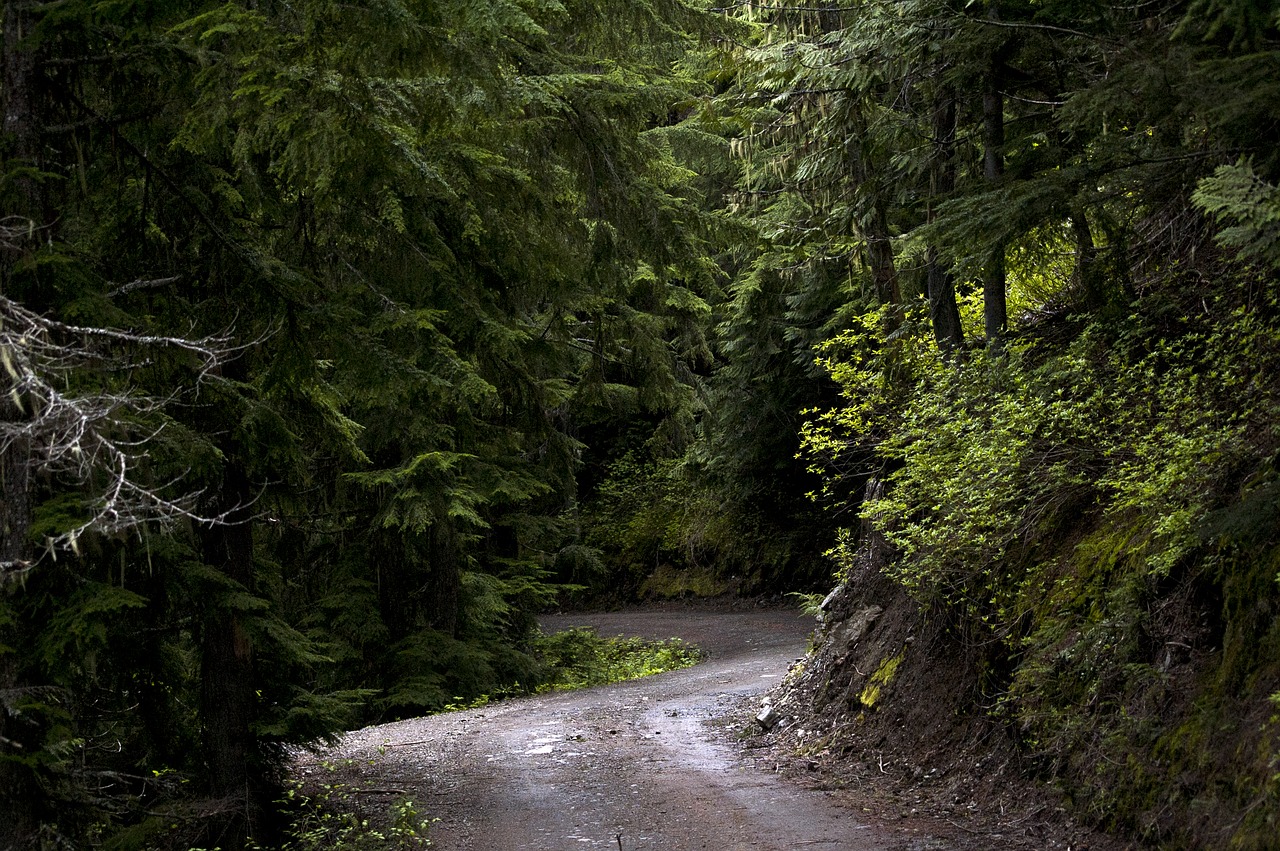Read Genesis 7:4-8:10
Noah had built the ark, gathered his wife, sons and daughters-in-law as well as pairs of all animals including additional ones for sacrificial offerings while in the ark. Once sealed in the ark by God’s own hand it began to rain. How long did it rain? (Genesis 7:4)
Then after the rain stops, how many days passed? (Genesis 7:24)
Once the ark ceases to move, how many days did Noah wait before he opens a window of the ark to send out first a raven and then a dove? (Genesis 8:6-8)
The dove returns because it had no place to set her foot. Scripture tells us this means the earth was still covered in water.
How many days does Noah wait before sending out the dove again? (Genesis 8:10)
What does the dove return with? (Genesis 8:11)
And the dove came back to him in the evening, and behold, in her mouth was a freshly plucked olive leaf. So, Noah knew that the waters had subsided from the earth. (Gen 8:11 ESV)
The first evidence of foliage post flood is a leaf from an olive tree. The ESV translation retains the word “behold” from the original Hebrew manuscript. “Behold” is a word meant as an exclamatory expression to draw focus and emphasis to what comes after it. In this case, hope is what is being emphasized. The rain has stopped. The ark has ceased floating around. The mountain tops have appeared. And now, an olive leaf is brought back to the ark by the dove. Can you imagine the emotions that Noah and his family experienced that day?
Noah’s family had been in the ark tending to all the various animals for at least 244 days at this point. Bear in mind they had no TV, no cell phones, and no internet. They couldn’t go outside to warm themselves in the sun or walk barefoot in the grass for a “break” from the space and scenery of the ark. But now they finally have a sign that a food bearing tree is starting to leaf out!
What is the longest you’ve had to wait for a sign of hope from God? Or perhaps you’re still waiting for one? Write or share your experience with a friend today.
It strikes me that spending time considering the hope that God provides us, at just the right moment we need it, is something we may occasionally fail to recognize or acknowledge in our lives. We must be looking for these signs of hope with anticipation and expectation while continuing to work at what God has called us to do for Him. Even if it means days and days of routine. That’s the tricky part for most of us. We must watch for and share with others the “behold” moments of hope we experience from our God.
May you have an expectant heart and fervent hope just as Noah did while continuing to be faithful in the routines your life currently entails.
